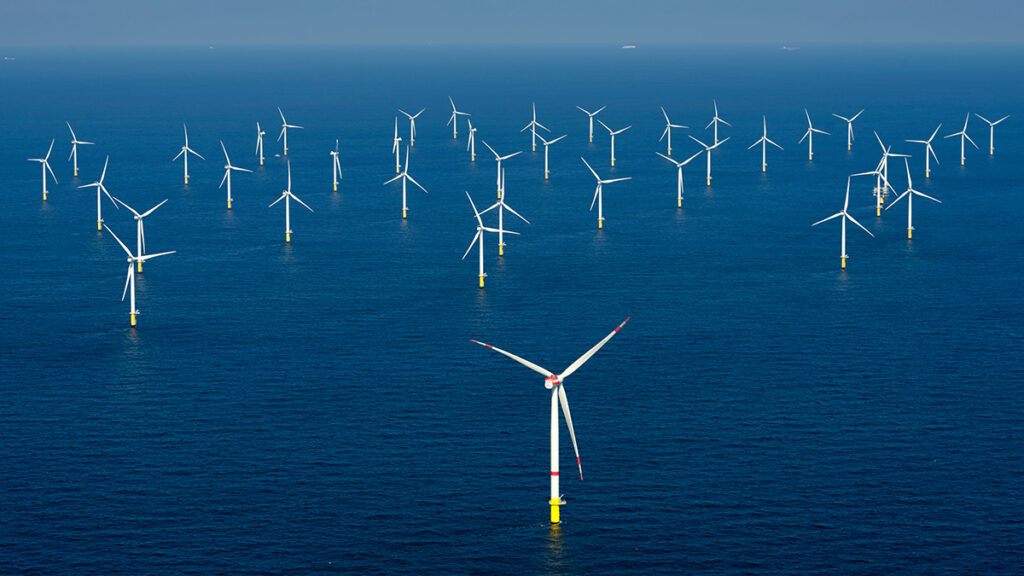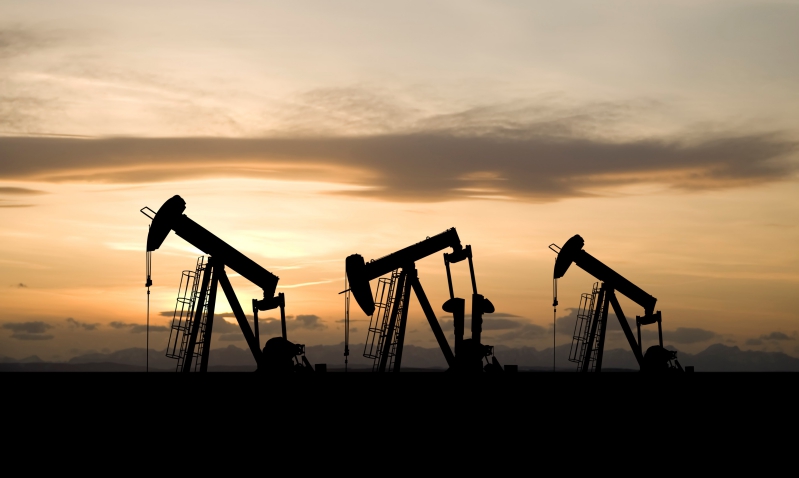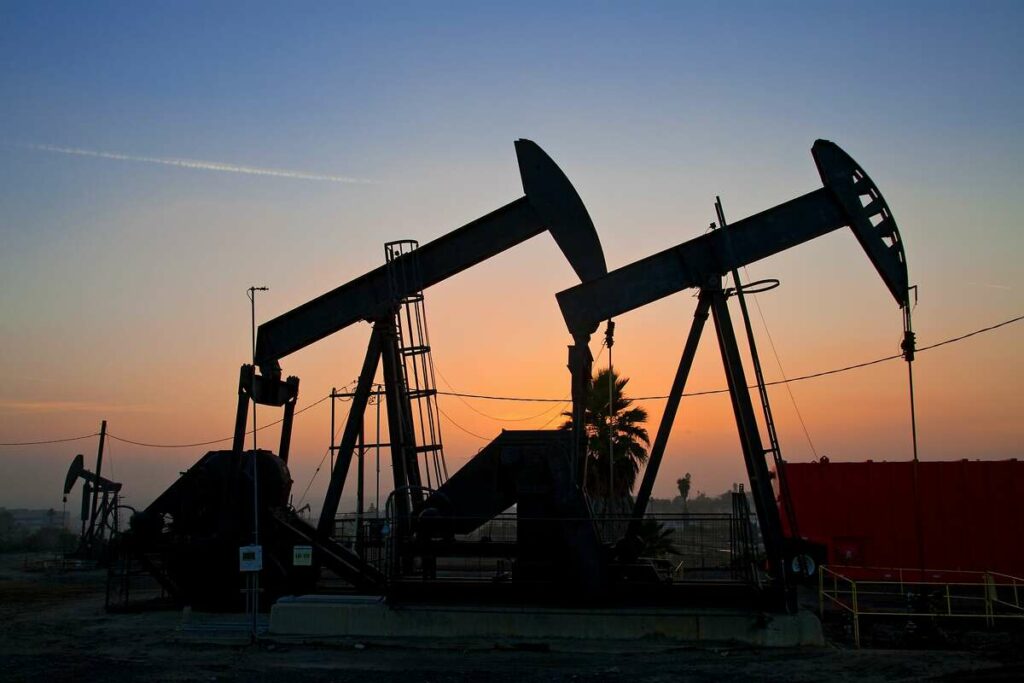To get a sense of the magnitude of the practical challenge facing any politician who takes their climate pledges seriously, consider that the British government, whose dogs-breakfast of an energy policy has come nowhere near meeting its Paris targets, has suffered one painful embarrassment after another on that file and now faces something worse than mere embarrassment: blackouts. To repeat, without coming near its Paris targets, proving once again that alarmist prescriptions are all pain and no gain.
The UK gambled heavily on wind. Not unreasonable, one might say, given that the British Isles have a bit of a reputation for foul weather; that pitch apparently persuaded Boris Johnson even as energy prices soared. But as John Constable observes on the Global Warming Policy Forum, the result is ominous. Despite recent official warnings of power shortages, nuclear and fossil fuels managed to hold off disaster in recent weeks, but the government is pledged to scrapping gas and coal plants. (And its plans to boost nuclear capacity are in disarray that is more due to incompetence than inherent impossibility.)
As the GWPF also points out, in Britain the installation of solar panels collapsed when subsidies were cut. Why? Because they just weren’t effective at producing energy and at some point somebody has to be creating wealth, including that form of it known as energy, before it can be redistributed.
For years, perhaps because of the extraordinary run of peace and prosperity from the Second World War on, it has been tacitly assumed by politicians and voters that no amount of bad policy could actually cause a disaster. Thus even the WHO, in the middle of a pandemic, can pursue exotic climate-related interests as though prosperity were either guaranteed or unimportant in fighting disease. What if it’s not? What if being cold and hungry makes it harder to avoid getting sick, and to avoid dying if you do? As has been understood throughout history and around the world. What if there’s a tradeoff between action on “climate” and pressing health needs? Are they so sure climate is such an existential threat that health should go out the window?


